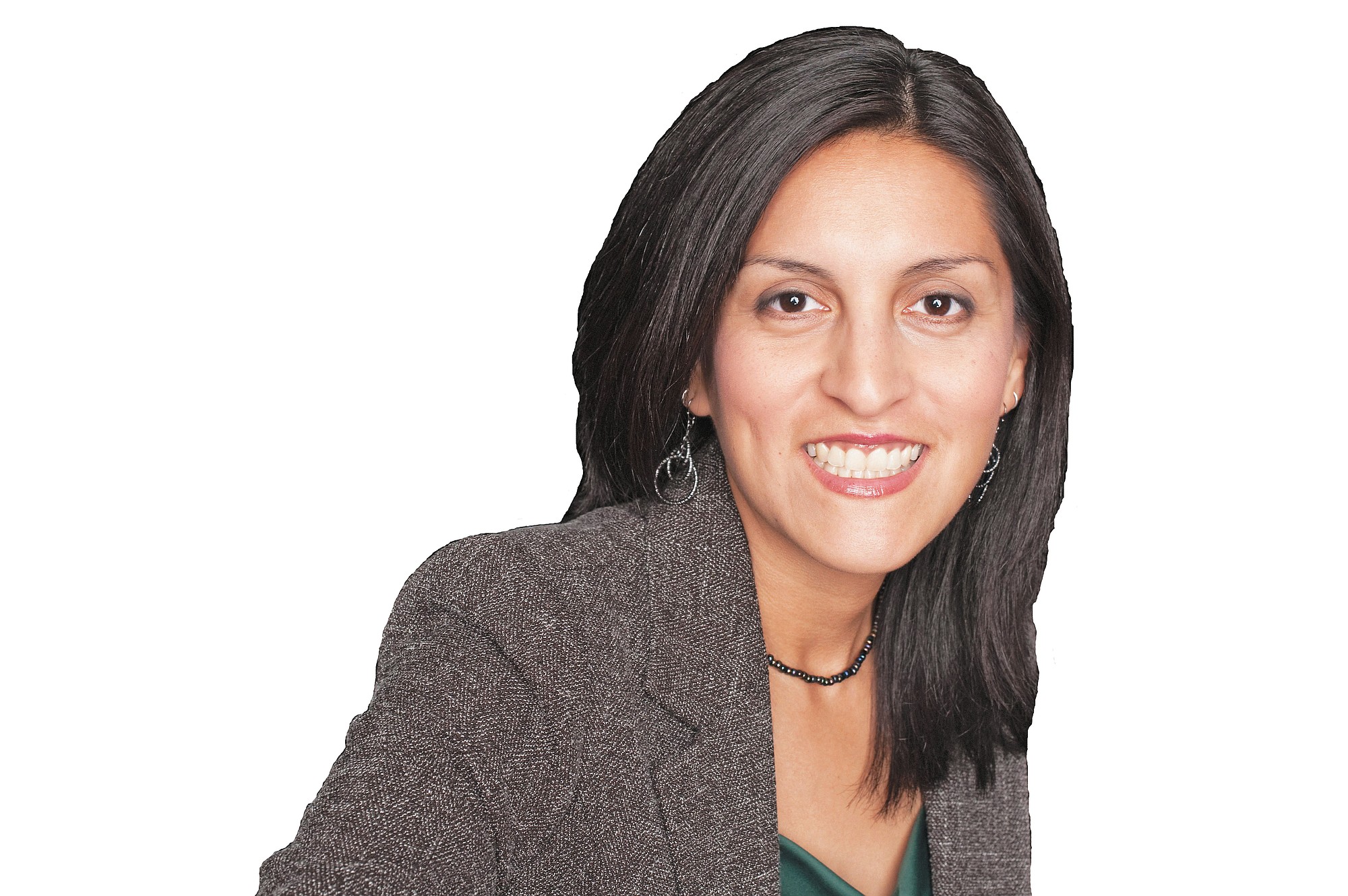CHICAGO — “What could a 3-year-old possibly do to warrant being suspended from preschool?”
The question was raised by someone who had read about a Department of Education report noting that black children make up 18 percent of preschool enrollment but represent 42 percent of preschool children suspended once and 48 percent of those suspended multiple times.
In a perfect world, the answer would be a mix of the stupid and the predictable. Stupid on the part of administrators who insist on crazy zero-tolerance rules and then bust the children for benign offenses such as making a pretend gun with a thumb and finger. Predictable, as in the children who have a hard time adjusting from very patient or permissive family situations to the structured — and stressful, for some — environment of preschool. My own son was always pulling someone’s hair, yanking someone’s clothes or biting someone when he was in preschool.
But the world isn’t perfect. We’d like to believe that racism exists only in our history books — so far in the past that our multiracial, multicultural youth take equality as a given. Reports that quantify the sad state of minority children, specifically African-American children, deliver a wake-up call about how far we have left to go.
Let’s put the statistics about suspensions of black preschoolers into perspective. While African-American children are suspended from preschool at a rate well over twice their share of enrollment, white students represent 43 percent of preschool enrollees but only 26 percent of suspensions.
No other racial or ethnic group even came close to the level of disparity in the proportion of population-to-suspension as black kids. The question is why?
Assessing consequences
No doubt the Department of Education will use these insights from the first data compilation of all 97,000 of the nation’s public schools to research that question. It might do well to kick off the process with a thorough reading of a recently published article in the Journal of Personality and Social Psychology titled “The Essence of Innocence: Consequences of Dehumanizing Black Children.”
In it, researchers describe their efforts to understand whether black boys are seen as children — meaning that they are perceived to be distinct from adults, with the essential characteristics of being innocent and having the need for protection — just as equally as their nonblack peers.
Their findings are stark. In four different laboratory and field experiments, the researchers examined evidence that black boys are seen as older and less innocent than their white same-age peers. The research team also found that black boys are seen as being more responsible for their actions and as being more likely targets for police violence than boys of other races.
“Taken together,” the investigators wrote, “this research suggests that dehumanization is a uniquely dangerous intergroup attitude, that intergroup perception of children is underexplored, and that both topics should be research priorities.”
Dehumanization, the authors noted, is not the same as prejudice or bias — it’s far worse. “Whereas prejudice may prompt one to devalue a job candidate from a disliked group, prejudice would not predict endorsement of genocide or extreme violence toward that individual or group. Dehumanization, on the other hand, would.”
Outrage is appropriate here. To say that we need more research on how implicit perceptions of black children affect their treatment in society is a big understatement. And to note that our education policy needs to pay close attention to such findings must be a given.
If we really are finding ourselves in some sort of period in our human or societal development in which it turns out that something deeper than racism is feeding the mass failure of black kids and encouraging the so-called school-to-prison pipeline, we need to acknowledge it before buying into the idea that universal preschool and other educational interventions will be a magical elixir for young men of color.



